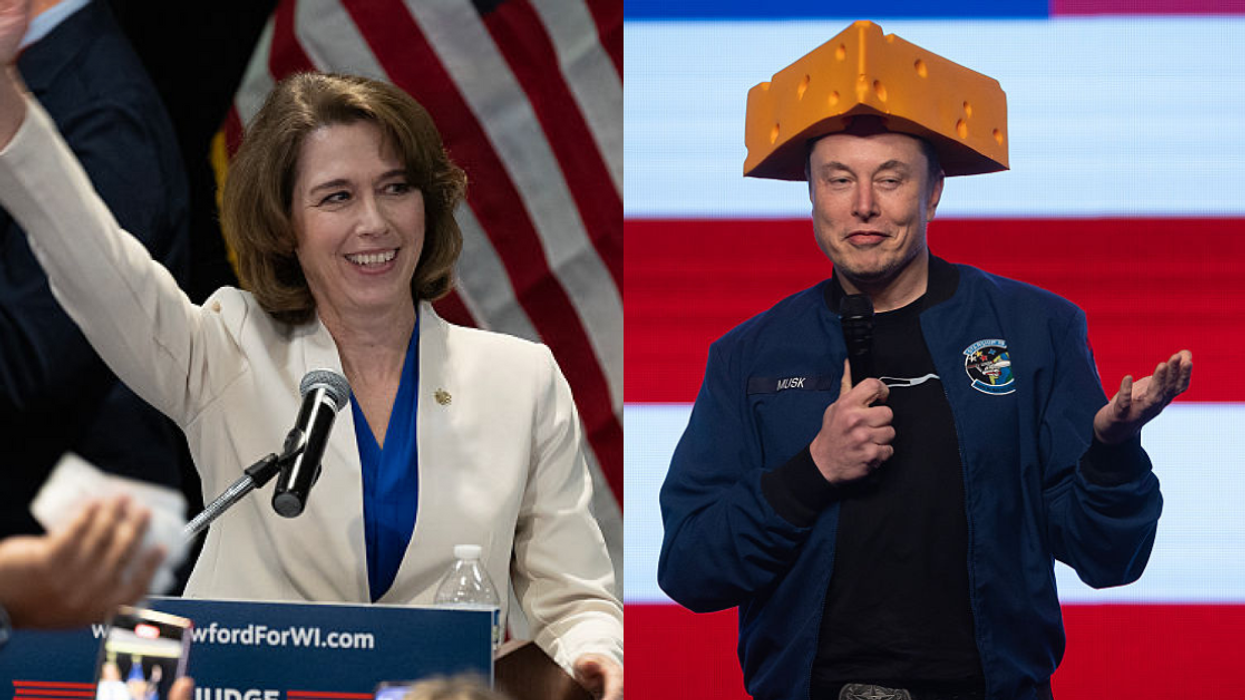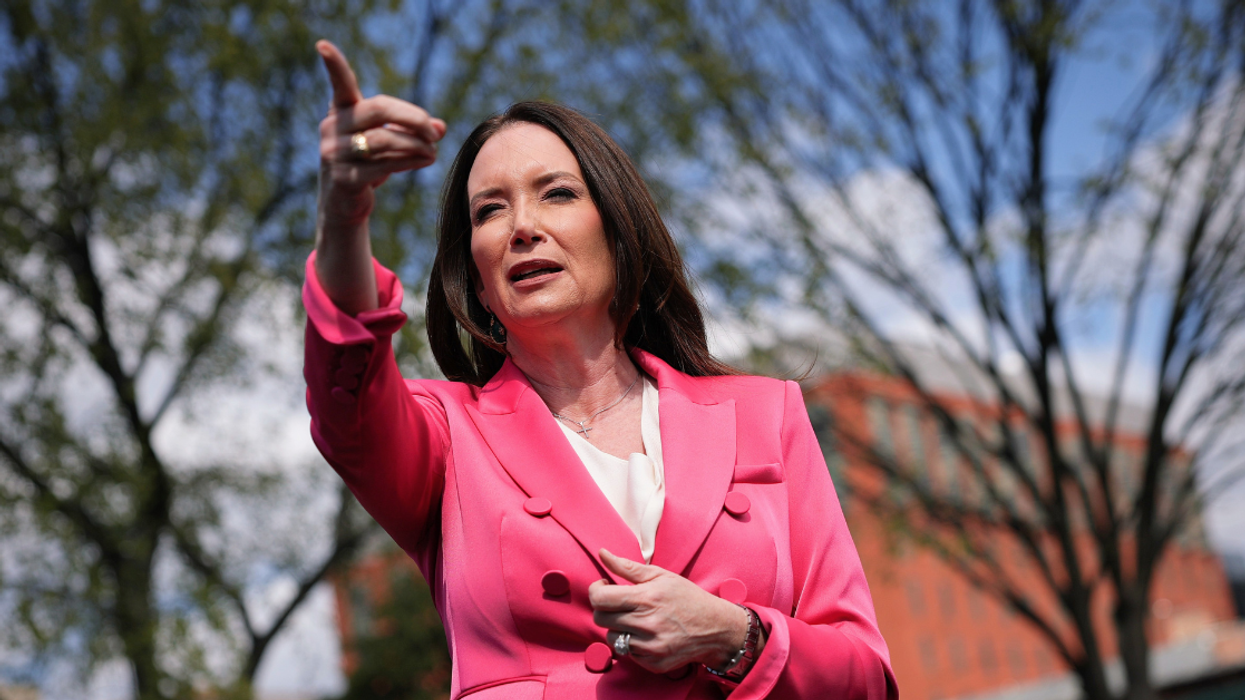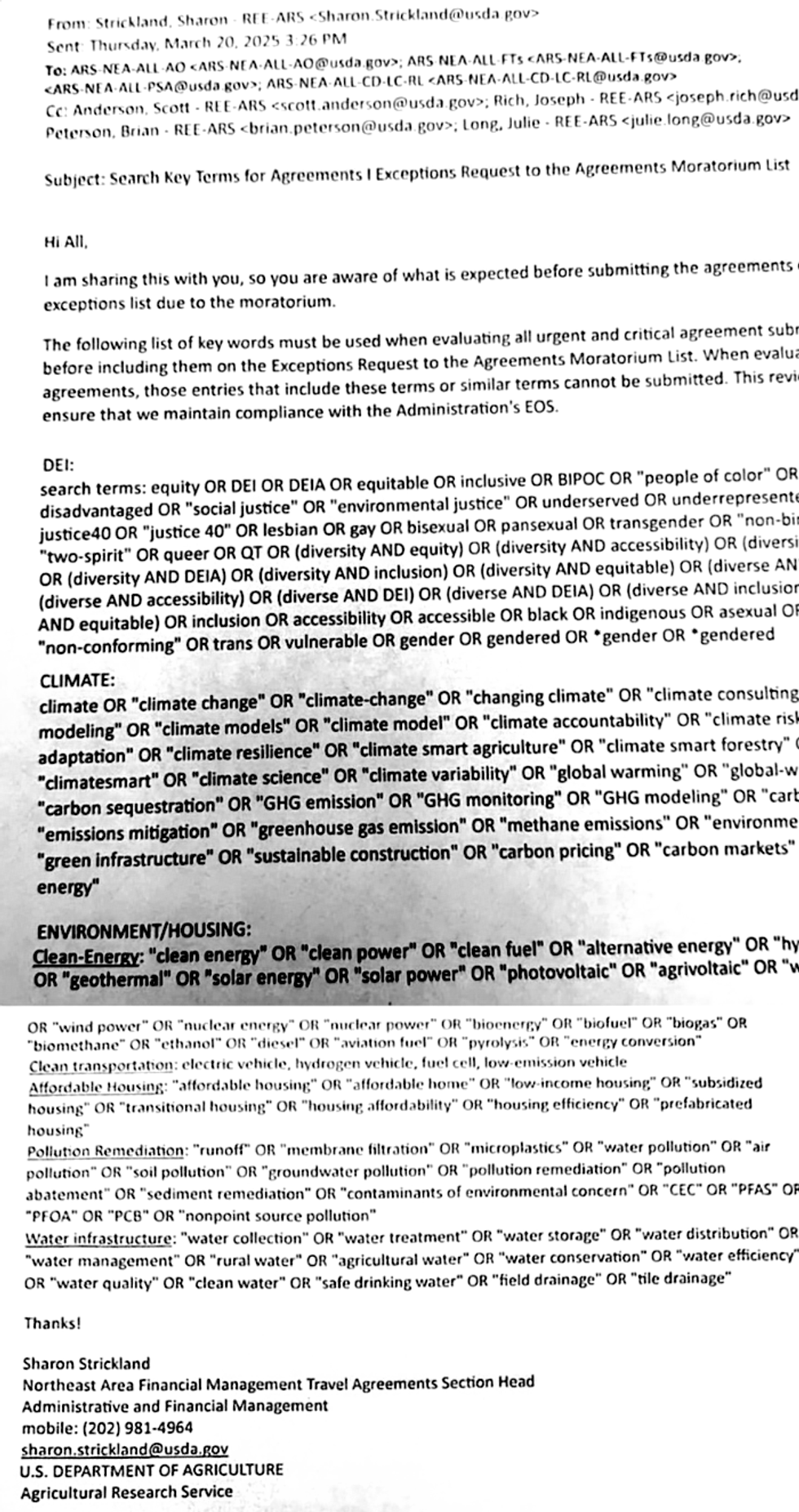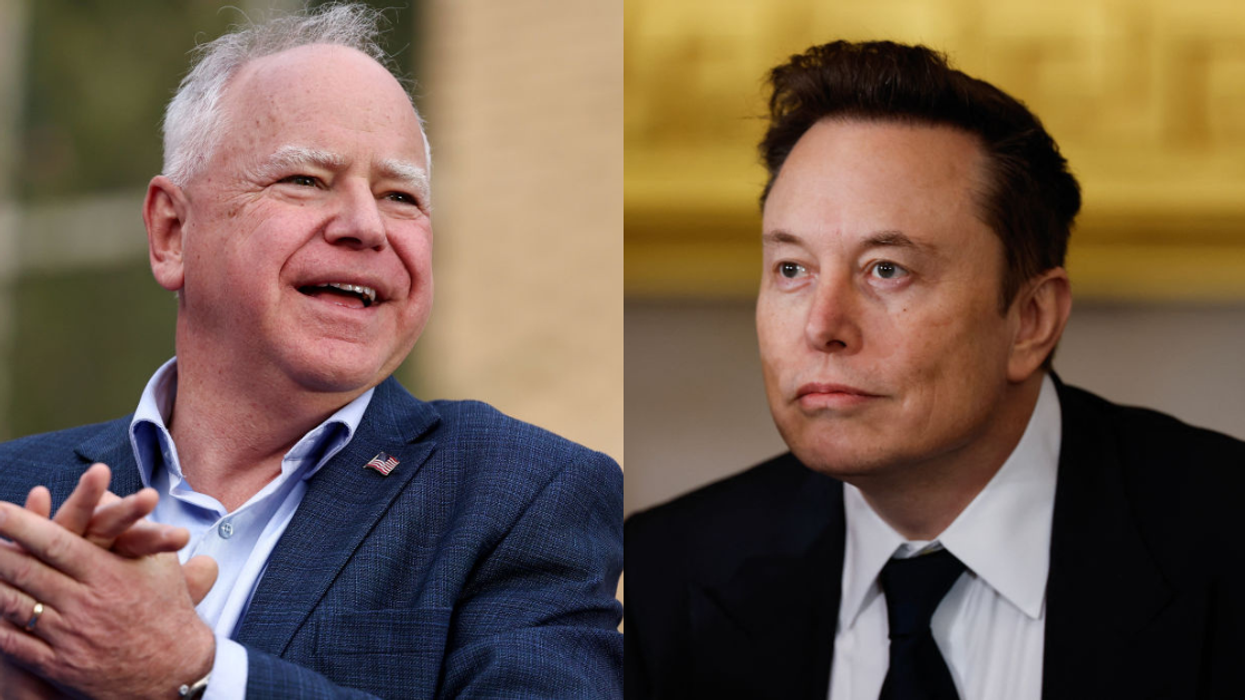BuzzFeed's stock soared more than 200% on Thursday after the company revealed that they will be using A.I. instead of writers to create content.
CEO Jonah Peretti sent an email—which was reviewed by Wall Street Journal—to the online media company's staff stating that BuzzFeed will become the "premiere platform for A.I.-created content."
In addition to Peretti's vow to invest heavily in A.I. to create content, WSJ also reported a multi-million dollar deal between BuzzFeed and Facebook parent company Meta, in which the company would generate content for Facebook and Instagram.
Soon after, BuzzFeed shares rose to $2.88, its highest in seven months, before settling for the day at $2.09, still an increase of 120% and a gain of $156 million.
While the jump in share prices is good news for the company, the stock is still down 80% since it went public in December 2021.
According to Peretti's email, A.I. will begin creating content for BuzzFeed as early as next month to help generate quizzes and improve personalized content. It was confirmed to Forbes that the company will be using ChatGPT creator OpenAI to fulfill this initiative.
Peretti wrote in his email to staff:
"If the past 15 years of the internet have been defined by algorithmic feeds that curate and recommend content, the next 15 years will be defined by AI and data helping create, personalize, and animate the content itself."
He continued that A.I. "opens a new era of creativity" and later clarified:
"To be clear, we see the breakthroughs...that will allow humans to harness creativity in new ways with endless opportunities and applications for good."
\u201cHere's the memo to BuzzFeed staff from CEO Jonah Peretti this morning, saying the company will be using AI to "enhance" and "personalize" content. The memo says we can expect to see "AI-powered content" on the site as early as February! -->\nhttps://t.co/iEwqxuoqpW\u201d— James Vincent (@James Vincent) 1674757458
The news was alarming, to say the least. Many wonder what this means for the workforce and the future of journalism.
\u201cAccording to the WSJ, @BuzzFeed CEO Jonah Peretti announced that they plan to use ChatGPT to create content instead of writers!\ud83e\udee3\n\nIs this the end of human-made content?\u201d— AlphaAfternoons (@AlphaAfternoons) 1674763980
\u201ca sentence to put on journalism's tombstone if I've ever seen one: "BuzzFeed remains focused on human-generated journalism in its newsroom, a spokeswoman said Thursday." https://t.co/QWYpwzHf9v\u201d— Samit Sarkar (@Samit Sarkar) 1674756039
Next, the news and articles will be written and presented by AI computers and journalists and TV hosts will be left with no jobs.
— Arriadna🗽🇺🇸🌻 (@Arriadna) January 27, 2023
\u201c@zerohedge Journalists better learn to code! Oh wait, AI replacing coders too\u201d— zerohedge (@zerohedge) 1674752809
For writers, for broadcasters, an 11 minute Doors song plays in the background: "This is The End."
— Dave Randall (@DaveRandall101) January 27, 2023
People are also baffled as to why the news generated an increase in share prices.
That's the most ridiculous reason for a move in stocks in a long time.
— TEN (@TenLetters100) January 26, 2023
\u201cWTF? #Buzzfeed shares surge as much as 84%, extending yesterday\u2019s 120% rally, on the digital-media company\u2019s plans to use #OpenAI, an announcement which Bank of America says should be positive for investor sentiment. (HT @knowledge_vital)\u201d— Holger Zschaepitz (@Holger Zschaepitz) 1674842957
Several also believe that this could spell trouble for BuzzFeed.
Tread carefully.. #CNET was recently forced to apologize after people pointed out that its #AI-written articles made factual errors and plagiarized humans’ work.
— George Abraham (@GeorgeAbrahamv) January 27, 2023
Not a good decision.
— Paula M. Block (@rockblocky) January 26, 2023
While Peretti's memo raised concerns for his employees, the CEO has responded to many of their queries.
According to Slack communications also reviewed by WSJ, Peretti addressed legal worries regarding content protected by copyright and plagiarism, noting:
"We've done experimentation in the past with AI-generative images, and we recognize these concerns and take them seriously."
Responding to the fear of workforce reduction, Peretti assured that the implementation of A.I. is intended to help employees be more efficient and creative and not to replace them.
We hope this is true.








 @emilyrathbooks/TikTok
@emilyrathbooks/TikTok @emilyrathbooks/TikTok
@emilyrathbooks/TikTok @emilyrathbooks/TikTok
@emilyrathbooks/TikTok @emilyrathbooks/TikTok
@emilyrathbooks/TikTok @emilyrathbooks/TikTok
@emilyrathbooks/TikTok @emilyrathbooks/TikTok
@emilyrathbooks/TikTok @emilyrathbooks/TikTok
@emilyrathbooks/TikTok





 @MorePerfectUS/X
@MorePerfectUS/X

